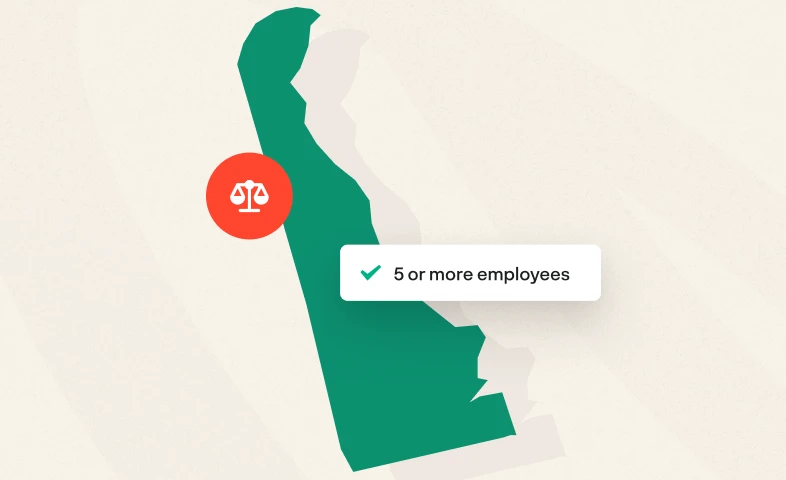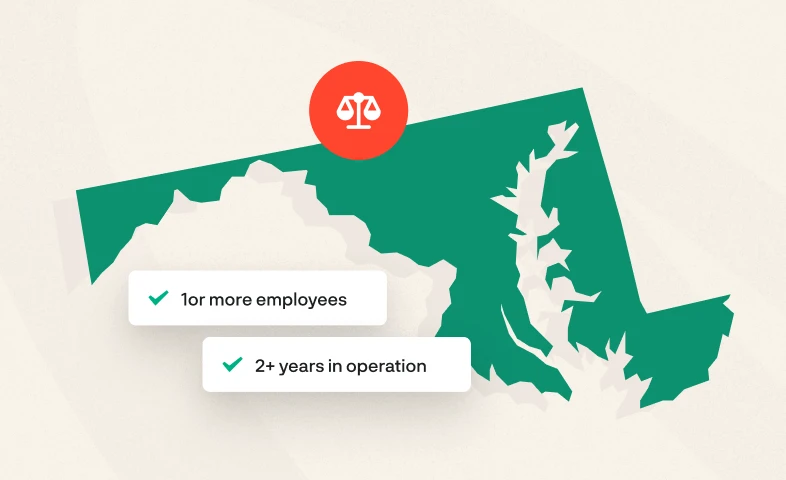State-Mandated Retirement Plans for Small Businesses
Stay Compliant in California with a Flat-Fee 401(k)
Stay Compliant in California with a Flat-Fee 401(k)
Minnesota's Retirement Law is Coming
New Jersey Requires a Plan – Are You Retirement Ready?
Avoid Penalties with a Flat-Fee 401(k) in Maryland
Virginia: Ditch the State IRA, Save More with 401(k)s
Stay Ahead of Vermont's Mandate with a 401(k)
Delaware Businesses: Save More Without State IRAs
State mandates are increasing, and most states now require small businesses to offer a retirement plan to stay compliant. Find out what is required from each state, key deadlines, and different plan options that will help maximize your savings.
California businesses with 1 or more employees must offer a qualified retirement plan by 12/31/25. Choose a 401(k) with greater savings potential, more control, and access to federal tax credits.
California businesses with 1 or more employees must offer a qualified retirement plan by 12/31/25. Choose a 401(k) with greater savings potential, more control, and access to federal tax credits.
Businesses with 5 or more employees and at least 12 months in operation must comply with Minnesota’s new retirement law. Understand what’s required and how a 401(k) can offer more value than the state-run IRA.
Employers with 25 or more employees must comply with the New Jersey Secure Choice Savings Program or offer an alternative. See how a 401(k) provides more control, higher contribution limits, and eligibility for federal tax credits—giving you more than the state IRA.
Maryland businesses with at least 1 W-2 employee and 2+ years in operation must participate in MarylandSaves or offer an alternative. See how a flat-fee 401(k) can simplify compliance while offering more robust savings.
Virginia employers with 25+ employees and 2+ years in business must comply with the RetirePath Virginia program or or offer an alternative. See how a 401(k) provides more control, higher contribution limits, and eligibility for federal tax credits—giving you more than the state IRA.
Employers with 25 or more employees must comply with the Vermont Saves program by 7/1/25. Discover how a 401(k) offers more than the state-run IRA with higher contribution limits, greater flexibility, and access to valuable federal tax credits.
Businesses with 5 or more employees must comply with the Delaware EARNS program beginning in 2025. See how a flat-fee 401(k) offers more than the state IRA with higher savings limits, flexible features, and access to federal tax credits.



















